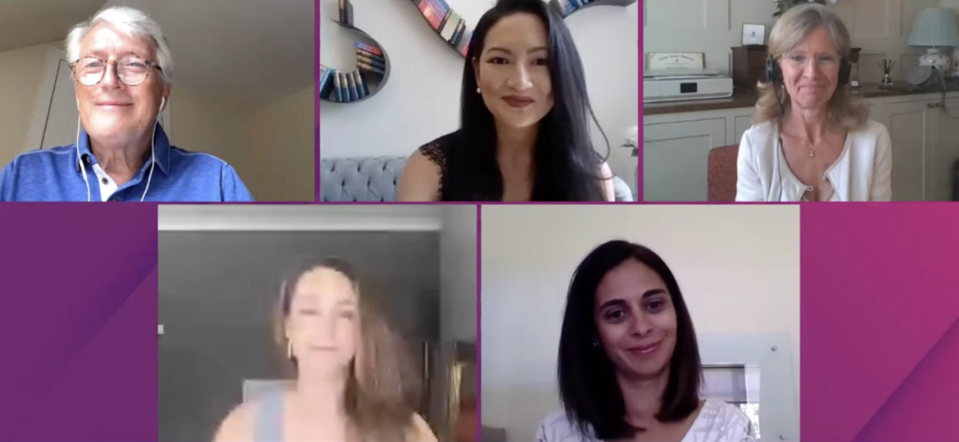Google, PwC and Verizon Media D&I leaders on the one mistake firms should not make right now

The coronavirus pandemic has led to an unprecedented moment in history where businesses across the world are trying to navigate a new world of work and a transformation of industry that will never be the same again.
During time of crisis, companies look at areas to cut back on in order to help shore up balance sheets and keep the firm operational and functionally liquid as possible.
Unfortunately, that has sometimes led to training and investment in staff, including diversity and inclusion efforts, being axed.
Gathering for a DIAL Global Digital Summit, where Verizon Media is a strategic partner, leaders at the world’s largest organisations discussed how companies can lead and win through inclusion and how organisations can craft better inclusion strategies for a competitive edge.
In the fourth session, entitled “Winning hearts and minds through diversity, inclusion and belonging and ensuring this remains core to all levels of business and wider society,” D&I leaders from global businesses discussed why now is not the time to put diversity, inclusion and belonging on hold and the potential consequences if we did.
READ MORE: How coronavirus has surged advertising spend in this one area
In fact, this could be the biggest mistake companies could make right now.
“Diversity and inclusion has long-term gain. We are way beyond justifying it or whether we should or shouldn’t be doing D&I initiatives. It is not an option anymore. Those who are having that debate are going to be left behind,” said Karina Govindji, director, diversity, equity & inclusion EMEA, Google (GOOG).
“For many, it’s moving into action and that progress to be accelerated or sustained means we have to think of this as not just business critical, but life critical.”
Govindji used examples from author Caroline Criado Perez’s book Invisible Women, where lack of diversity at the decision-making table has led to lives at risk. For example, women tended to be more adversely affected by car crashes because the airbag technology was more geared to a man’s body than a woman’s body.

Sarah Churchman, chief inclusion, community & well-being officer, PwC and Emily Heath, diversity & inclusion lead, Verizon Media (VZ) and One Young World Ambassador also joined Govindji on the panel where they discussed the longer term sustainable opportunities versus the short-sighted game and how can we ensure D&I continues to receive the support it needs.
“When you put people as the main part of your long-term strategy for the company, putting people into the heart of the organisation, you’re winning right now,” said Heath from Verizon Media, the parent company of Yahoo Finance.
“It has be to through a multi-faceted approach — it isn’t just down to the D&I part of the business. While it may start there, for some, it’s about building it into you business, being part of your product and how it reaches the end consumer. It’s building for the world we live in and represent the diversity of your customers.”
PwC’s Churchman echoed both Heath and Govindji and said that “organisations have got to think hard why they prioritised D&I pre-COVID. Those reasons should not fall off the agenda and the need for it will not go away.”
She said “what we do know is that we can’t go back in time and we need different people with different skillsets and experiences to lead to innovation.”
READ MORE: Bupa: ‘Use office space cash for staff mental health’
When it comes to moving companies forward in this space, all the panellists agreed that there needs to be more embedding of D&I into every day work and greater allyship.
“We need to make sure that D&I efforts are part of leaders’ agendas and is part of everyone’s jobs — not just for the people functions,” said Govindji.
“We need to keep building in formalising allyship and building empathy from leaders in order to support those in already marginalised groups. They may not have the same experience as them or identify as part of their groups but they should have the consciousness as an ally of how can I step into those shoes to help those who have a disproportionate [negative] experience.”
Heath added: “We need to have organisational empathy and have courageous conversations.”


